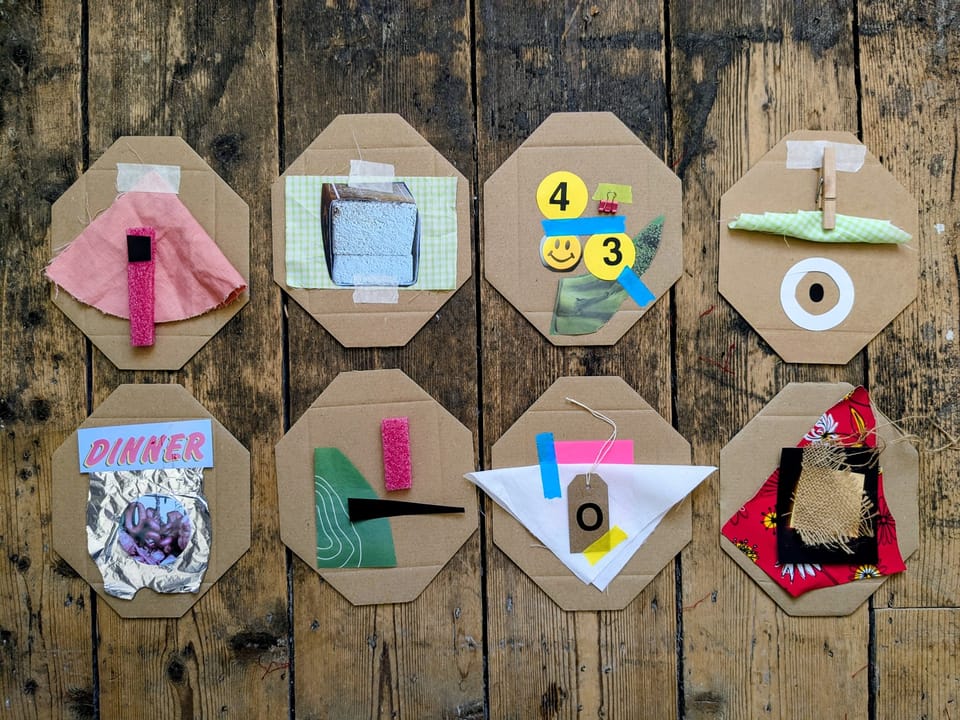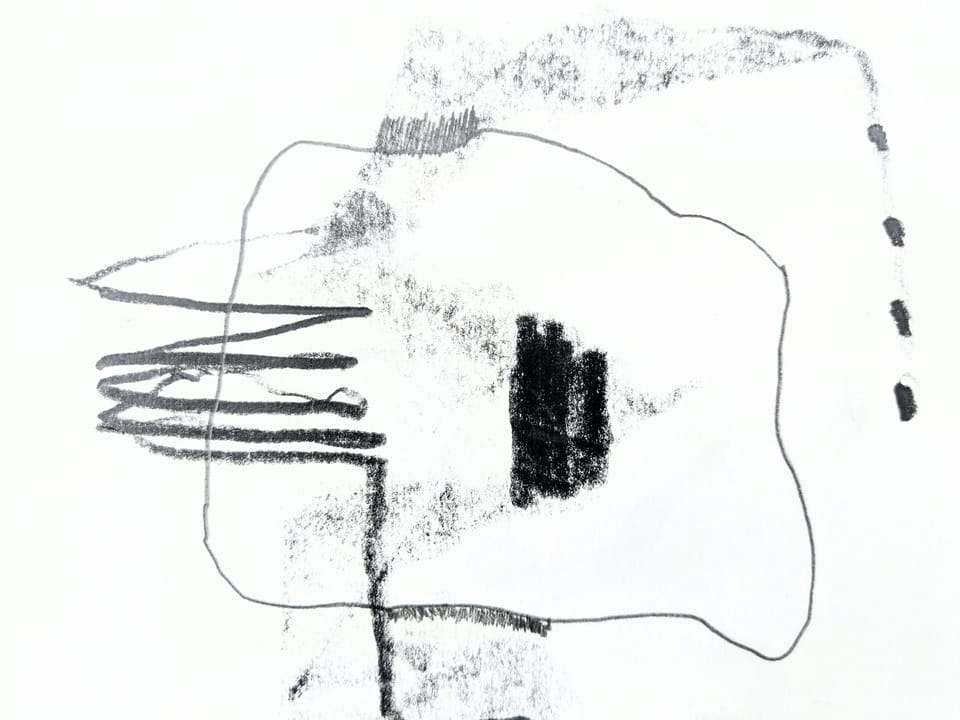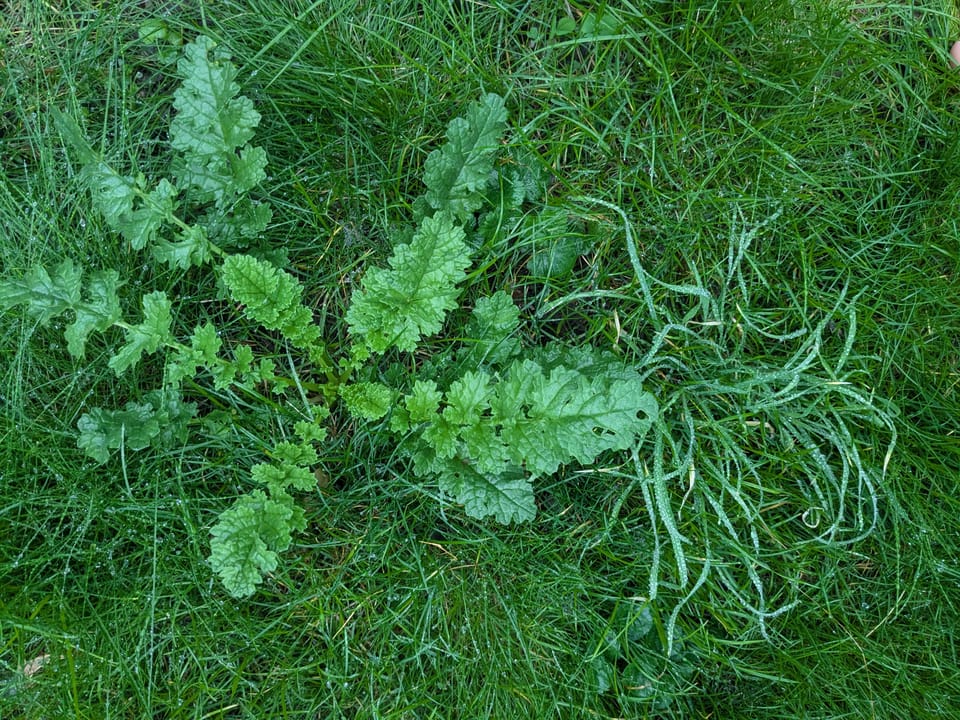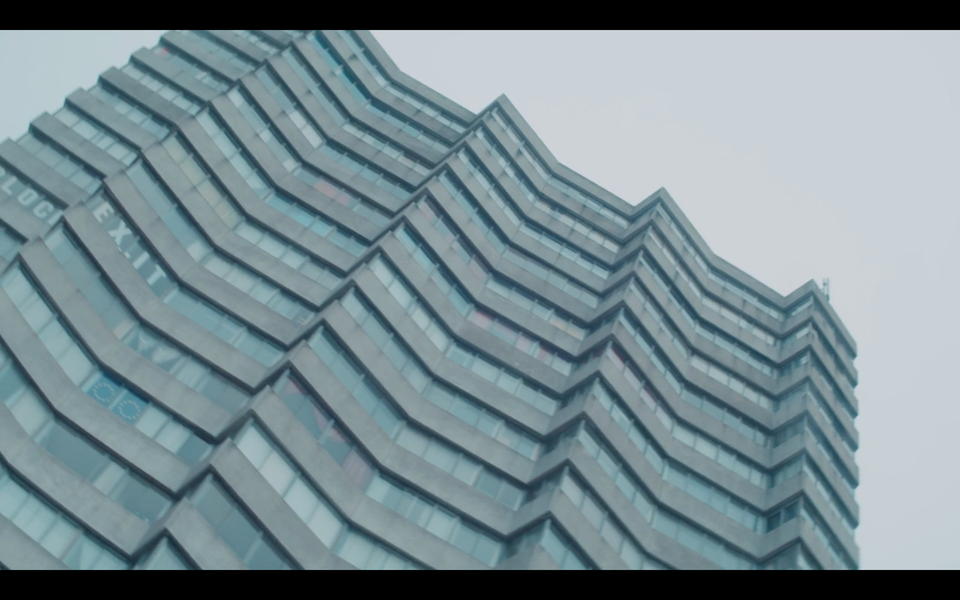Power and Emergent Strategy
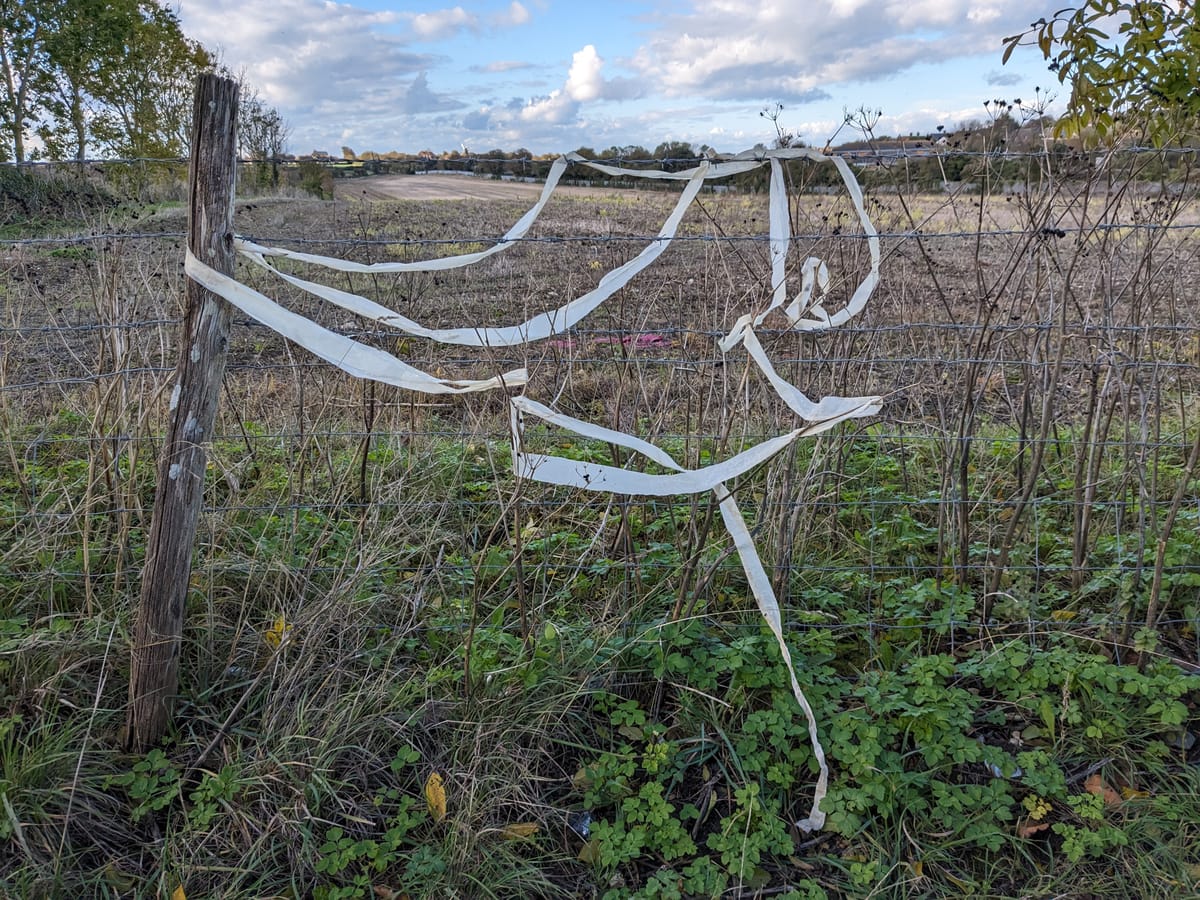
“What we practice at the small scale sets the pattern for the whole system.” - adrienne maree brown, Emergent Strategy
Fractals = 'the never-ending patterns that are infinitely complex and self-similar across different scales, created by repeating a simple process in an ongoing feedback loop'
One of the most transformative shifts in my thinking recently has come from understanding how the micro and macro connect, that the small gestures of our daily lives shape the wider worlds we inhabit. adrienne maree brown’s Emergent Strategy has been at the centre of this for me. Her writing on fractals, trust, and transformative justice calls us to reorganise not just what we think, but how we live, love, and relate.
When I was a teacher, critical pedagogue Ira Shor deeply shaped my understanding of how power moves in a room. In his view, “Education can socialize students into critical thought or into dependence on authority”. Shor’s work asks us to reimagine the physical and relational dynamics of teaching, to question why we stand where we stand, who sits, who speaks, and whose knowledge frames the conversation. In many ways, his thinking was my first introduction to how power is spatial and relational, not only structural.
Systems thinking has also helped and goes some of the way, connecting the parts to form a coherent whole, but it often stays stuck at the level of concepts and structures. What it can miss is how systems are lived and felt through the body, shaped by physical space, and enacted in everyday moments of interaction. Our politics and power are not just abstract systems but embodied experiences that ripple through the ways we breathe, move, listen, and relate in real time. Integrating this embodied, relational dimension is essential for transformative change.
Biomimicry further deepened this view. Janine Benyus reminds us that “cooperation is the most natural thing in the world” and that “biomimicry is the conscious emulation of life’s genius”. Her work shows that nature’s way of organising is not competitive or hierarchical, but deeply interdependent. When I consider this alongside brown’s emphasis on critical connections, I see how ecological thinking can reframe our social structures, away from dominance and toward reciprocity.
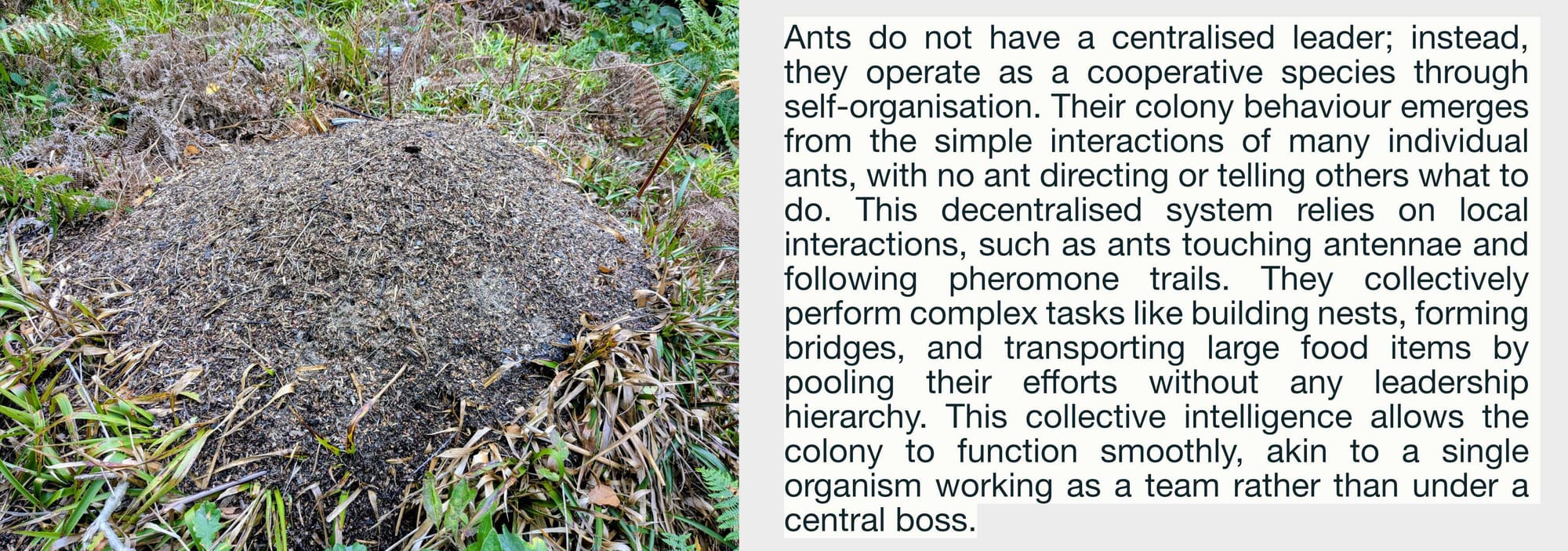
Just like ants we live our politics in, with, and through our bodies, in relationship with others. Looking back on the organising spaces I’ve been part of, I can now see that many of my frustrations were rooted in inherited habits of power: the instinct to control, to lead from the front, to claim expertise. These habits reproduce the very inequities we’re trying to dismantle. I remember one local government training on “building partnerships.” The “expert” stood at the front, reading definitions of what partnerships should be, while the rest of us listened. It looked exactly like school. The potential of the collective, of relational intelligence and lived experience was right there, but left untapped inside a familiar format of authority.
In his must read book for any human seeking justice in a fucked up world, Mutual Aid, Dean Spade reminds us that...
“It makes sense that we are not good at creating emancipatory group structures. Most of us have never been in groups that had fair, participatory, transparent structures. We’ve been working at jobs where bosses tell us what to do, or been in schools, families, state institutions, or churches where strong hierarchies rule and most people get no say in how things will go. We do not have much practice imagining or being in groups where everyone can truly participate in decision-making.”
Its no wonder this stuff is hard work! Or as I heard Nken Ndefo say, it’s like walking up an elevator the wrong way.
So, I’ve been thinking about how to live and practice equity and trust at the relational level. What does it look like in our everyday interactions, in conversations with our colleagues, our loved ones, or the people we create with? adrienne maree brown writes, “If you trust the people, they become trustworthy. Move at the speed of trust.” I also think that trust in ourselves, in what feelings are surfacing throughout our days, weeks and lives is the secret to unlocking everything else and yes this happens in relationship with others and the non human world. Living in a state of dissociation, disconnected from our pain, joy, shame is the biggest source of injustice.
Focusing is one way to reconnect: https://focusing.org/sixsteps
White supremacy and corporate racial capitalism begin here too, not just in global systems, but in how we take up space, interrupt, or listen. Hope lives in the small scale: in how we pause, how we give space to others, how we recognise what our bodies carry. For me, this means remembering my whiteness and what it affords me and working to live the justice values I claim.
A friend recently mentioned that we spend almost 50% of our waking hours daydreaming. What are we imagining with all that time? How much of that imagination is truly free and how much is shaped by oppressive systems that teach us what is possible or permissible? What could it mean to reclaim that 50%, not as distraction, but as liberation work, the dreaming that reconfigures what can be?
Ruha Benjamin reminds us “to take imagination seriously as a site of struggle and a place of possibility for reshaping the future” so we need to “Remember to imagine and craft the worlds you cannot live without, just as you dismantle the ones you cannot live within.”
Let’s breathe...
Let’s slow down...
Let’s daydream...
Let’s listen, really listen, to what people are saying, their stories and what they mean.
That’s where liberation lives. And that’s what art, when lived relationally, helps us do, to imagine otherwise, together.
